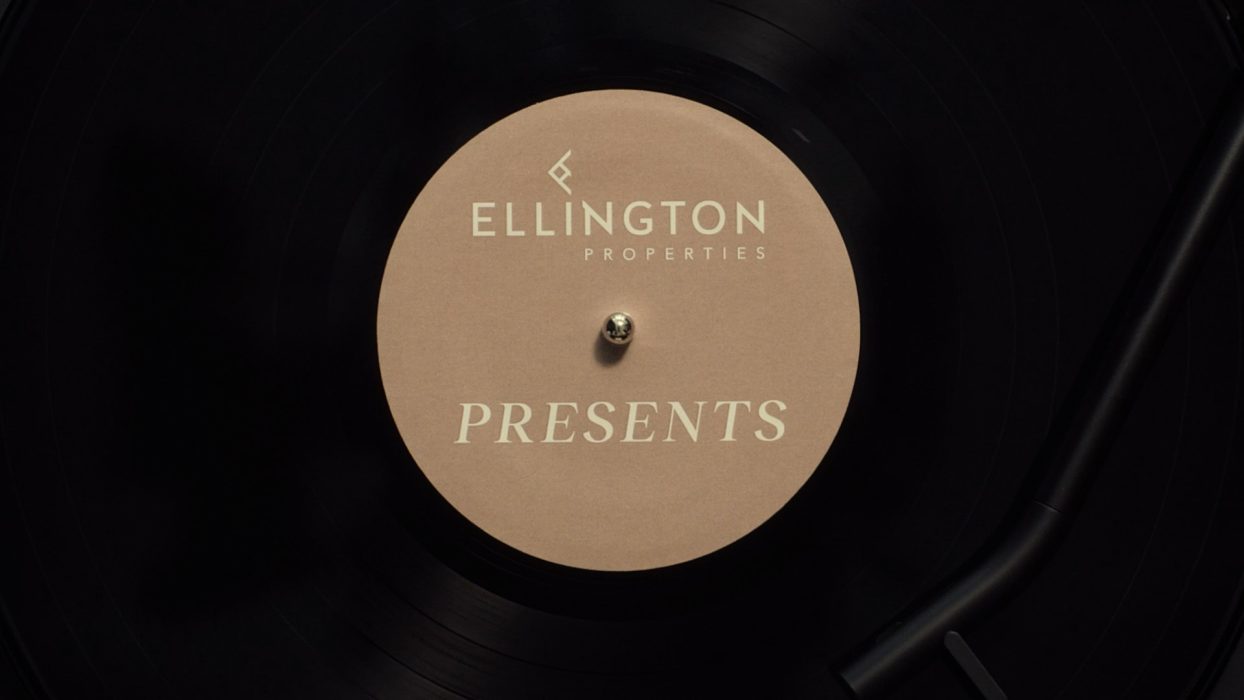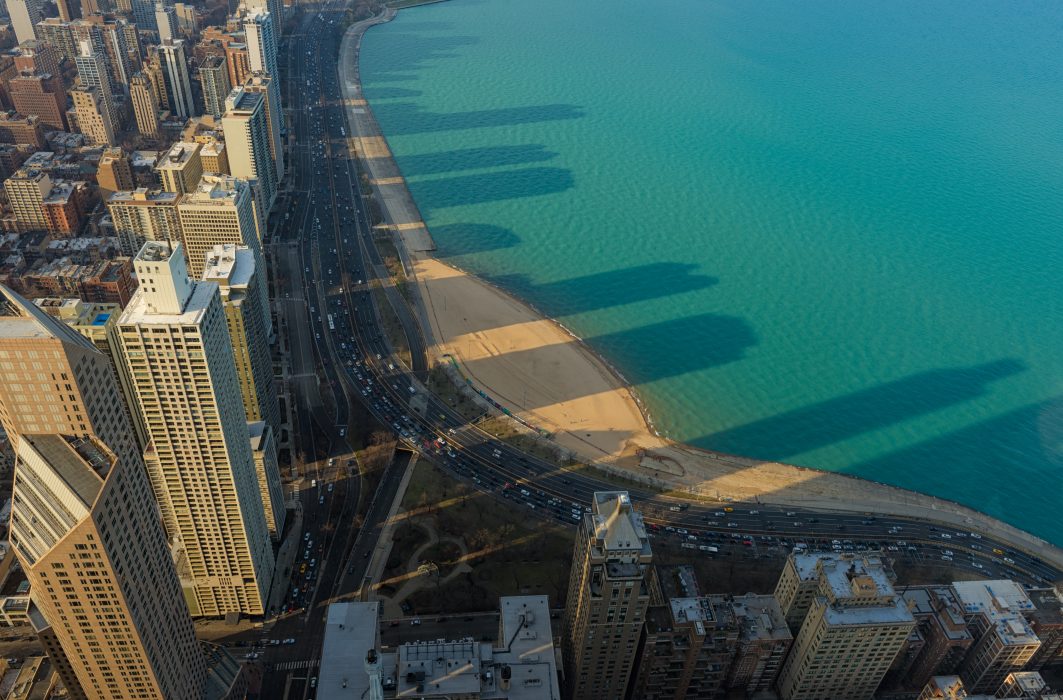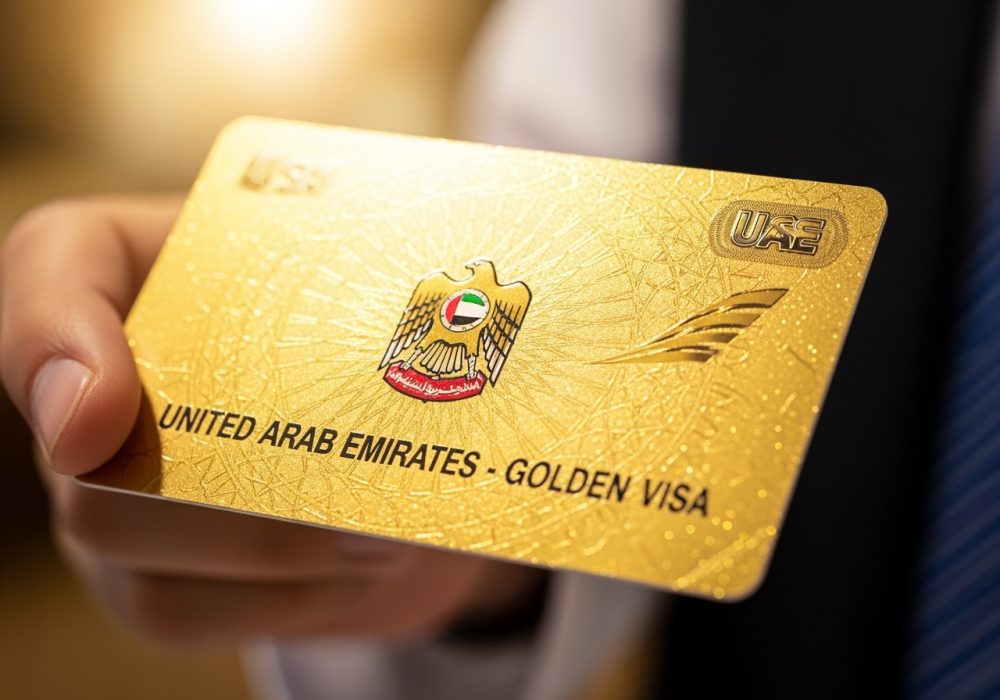Dubai’s real estate market remains a solid investment and also presents fantastic opportunities for seasoned and green investors alike. Relaxed visa rules allow investors in properties worth Dh1 million or more to apply for a residency permit.
This is great news for foreign investors, with Dubai delivering an average yield of 8%, which far outstrips other popular markets, with Hong Kong sitting at around 3% and Singapore 4%. Another advantage is that this is a well-regulated market in a context of political stability and global connectivity which creates a solid climate for investment.
If you are considering making an investment in Dubai real estate there are some questions you should ask yourself first to make sure that this is the right decision for you.
Is it an emotional decision?
It is highly advisable to avoid taking emotional decisions when buying an investment property. An investment property purchase is very different from buying a home for your family. It is best to think of it as a business investment and not buying a property.
It is also important to have a clear goal of why you want to buy the property and not just buy property for the sake of doing it. This could have disastrous consequences. Your estate agent should be on the same page as you and should be able to help you with this.
Have I done all my research?
Background research is critical in property investing. It is necessary to first do a proper analysis of the prospective investment including who your clients will be, if this will be a property they will be interested in, what rate of return you are expecting and what the current market conditions are. If you are considering investment in Dubai for instance, ask top real estate developers about the most popular developments.
This process includes making sure that you have the right team. Real estate, after all, is a people business. So the people you align yourself within this situation are your great assets, or alternatively could be your greatest liability. Above all, it is important to make sure that everybody has the same goal.
Do I need a down payment?
You will need at least a 20% down payment to buy an investment property as mortgage insurance will not apply. There are strict approval requirements for investment properties so make sure you understand these well and check your compliance in advance.
What will my expenses and profits be?
Investment advice website, Investopedia, suggests that while it is cheap to borrow money at present the interest rate on an investment property will be higher than traditional mortgage interest rates. “Remember, you need a low mortgage payment that won’t eat into your monthly profits too significantly,” their article states.
They further advise a careful calculation of possible returns. “Individuals should set a goal of 10%. Estimate maintenance costs at 1% of the property value annually. Other costs include insurance, possible homeowners’ association fees, property taxes and monthly expenses such as pest control and landscaping. And then there’s landlord insurance,” their article states.
For overseas investments, it is also important to make sure of all the costs involved in doing the transaction. Here, for instance, is a guide to what you can expect when buying property in Dubai.
Am I starting small enough?
One of the good things about investing in real estate is that most properties will increase in value over the long term. Successful investors ride out the downturns and wait for the right time to sell, commonly buying a property at a low price and biding their time until the value goes up. This means having a solid financial backing so that you can afford to wait, including have plenty of budget for maintenance and repairs.
Experts also advise prospective investors to think small. Even if you have the resources for a bigger investment, for your first investment property at least it may be worth sticking to the lower to mid-range of property prices. For a first investment property, it is important to stay in the safe zone, as this means your risk is minimized.
Do I need to be debt-free?
While there are many opinions and disagreements about this topic, some commentators argue that apart from the personal satisfaction of being debt-free, it is best to only invest in property once you are completely free of unsecured debts like student loans, credit card payments and medical bills.
Am I getting the best deal on a loan?
If you are taking a loan to buy your first investment property, experts advise considering all the options with great care. Be sure to consult with as many lenders and brokers as possible in order to find the best deal. Even a minor advantage in the rate can make a huge difference to your financial situation in the long term.
Article by: Sophie Karcher






